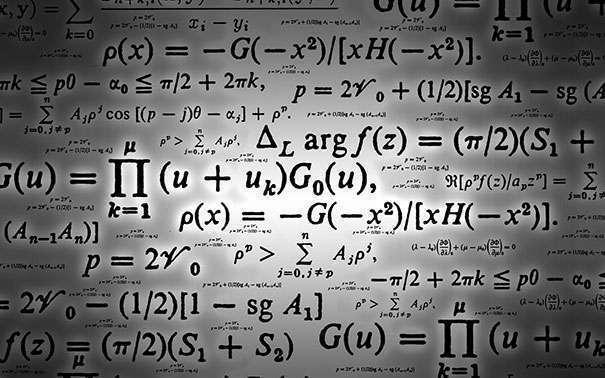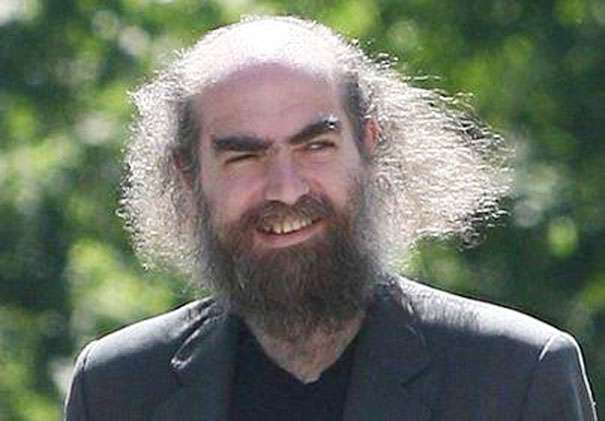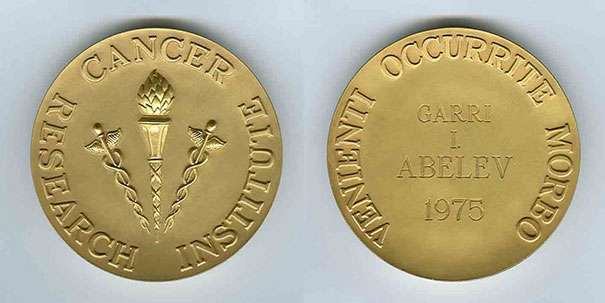For more than a century, the committee of the famous Nobel Prize has been voicing to the world the names of people who have made an outstanding contribution to the development of science and society as a whole. It is presented annually in Stockholm on the day of the death of the founder Alfred Nobel. The award is given in the following categories:
- Chemistry.
- Physics.
- Medicine and physiology.
- Literature.
- Peace protection.
Relatively recently, the award began to be presented for contribution to the development of the economy.
Why aren’t mathematicians given the Nobel Prize?
However, not all sciences were included in the priority list compiled by a well-known philanthropist. Let’s say there is no Nobel Prize in mathematics. According to one version, Nobel was originally rumored to have included it in his will, but then changed his mind and crossed it out.
But be that as it may, the question of why mathematicians are not given the Nobel Prize has been disturbing the world community for quite a long time. The first reason is the fact that the founder of the award, being an industrialist, inventor and traveler, preferred practical disciplines. He jokingly defined mathematics as "theoretical speculation". However, Nobel’s biographers do not agree with this version. In their opinion, he himself was a talented scientist who went down in history as the inventor of gunpowder, so he could not underestimate the importance of accurate mathematical calculations.
Another version is purely worldly. They say that Alfred Nobel had a lover who preferred or cheated on him with the famous Swedish mathematician Magnus Gustav Mittag-Leffler. And in the event that such a nomination was established, it could indeed be the founder’s rival who would be the first to receive it. Looking for a way out of this humiliating story for himself, the ironic and resourceful Nobel crossed out mathematics from the list. It is difficult to say how accurate such an assumption is, but the fact that Nobel really had a cool relationship with the mentioned scientist is confirmed by many biographers. However, the question of why mathematicians are not given the Nobel Prize remained without an exact answer. There is a clear explanation in this regard in the executive committee of the famous fund itself: the archives are silent about this, which means
The mathematician who turned down the Nobel Prize
The famous Russian scientist Grigory Perelman went down in history as a mathematician who refused the Nobel Prize. Indeed, he rejected the high awards awarded to him more than once, but this is not about the decision of the Stockholm Committee.
The first to appreciate the talent of the then young researcher was the European Mathematical Society in 1996, but Grigory Perelman refused to receive the prestigious prize.
In 2006, they started talking about mathematics again. This time, he did not accept the international Fields Medal, which was awarded to him for solving the biggest mathematical puzzle of the millennium, known as the Poincaré conjecture. The whole world spoke about this discovery of the Russian scientist, but Perelman again refused to receive his award.
In the same year, the scientific community was shaken by a scandal unprecedented in these elite circles. The Chinese mathematician Yau Xingtan and his students made an attempt to challenge the version proposed by Perelman, since, from his point of view, it cannot claim to be fully proven. Shintan’s act clearly did not arouse admiration among pundits, but he did not give up and hired lawyers, threatening his opponents with court.
Nevertheless, the laurels of a researcher who approached a grandiose mathematical solution continued to go to Grigory Perelman. In March 2010, the Clay Mathematical Institute awarded him a $1 million prize for proving the Poincare Conjecture. But the Russian fundamentally ignored the Paris conference, where he was supposed to receive an award, and a few months later he officially refused the money.
Explaining his motivation, the scientist is sent to several reasons that he did not comment on. However, he named the main one. In his opinion, the contribution of the American mathematician Richard Hamilton to the solution of the voiced problem is no less than his, so he does not want to own the award alone. Such an act, without exaggeration, can be called extremely noble, because Perelman in the comments named the reason that prevented Hamilton from completing his work on time. In his opinion, cooperation with Yau Shintan slowed down his research, which led to virtually insurmountable technical difficulties.
Video about the mathematician who refused the Nobel Prize
Justice prevailed in 2011. Richard Hamilton and his colleague Demetrios Christodoulou were awarded the Shao Prize, which has the status of the Nobel Prize of the East. They were awarded such an award for creating a theory that served as a scientific basis for Perelman’s proof of the Poincaré hypothesis. The nominees did not refuse their award, in the amount of one million dollars. But the money not received by the Russian researcher became the initial capital for establishing a position for young mathematicians. This idea was put forward by the Parisian institutes Claa and Poincaré. As a result, it turned out that Grigory Perelman became famous, among other things, as a brilliant scientist who refused the Nobel Prize in mathematics. Although such an award does not exist at all.
Mathematical "equivalent" of "Nobel Prize"
Field Prize
Offended by Alfred Nobel, mathematicians remained without high awards until 1932. Canadian scientist John Charles Fields was the first to try to correct this misunderstanding by proposing to the Organizing Committee of the International Mathematical Congress to establish "International medals for outstanding discoveries in mathematics". The idea was unanimously supported, but at the time of its official approval, Fields, who bequeathed part of his fortune to the future bonus fund, was no longer alive. Considering his great merits, the highest mathematical award was called the Fields Prize. It consists of a gold personalized medal and 15,000 Canadian dollars.
Video about the alternative to the Nobel Prize in Mathematics
This high award is often called the "Nobel for mathematicians", however, there are many differences between them:
- The Nobel Prize is an annual award, while the Fields Prize is awarded every four years.
- The Fields Medal can only be awarded to mathematicians who are no more than 40 years old at the time of the award, and the Nobel Prize has no age limit at all.
- The Fields Medal is awarded for a general contribution to the development of mathematics, while the Nobel Prize is awarded for specific and already recognized results.
- The size of the awards is also incommensurable: the Fields Award is 15,000 Canadian dollars, the Nobel Prize is 1.5 million US dollars. Nevertheless, the prestige of the mathematical prize is very high, because it is the most authoritative award in this field of science.
The Fields Medal is made from 583 gold. It depicts a portrait of Archimedes, and also left an inscription with a call to conquer the Universe, going beyond the boundaries of their human capabilities.
The first two awards were presented at the Tenth Congress of Mathematicians, which was held in Oslo in 1936. After 30 years, the number of possible nominees has doubled, but there are not always such a number of candidates. Say, in 2002, the Congress of Mathematicians, held in Beijing, again determined only two winners.
Soviet and Russian scientists were awarded the Fields Prize about ten times. Among the nominees was Grigory Perelman, who traditionally refused the award.
Abel Prize
The award, founded in 2002 by the Norwegian government in honor of its famous countryman Nils Henrik Abel, has a high reputation. Since 2003, it has been awarded to mathematicians who have succeeded in the development of this science. The bonus fund is NOK 6 million, equivalent to USD 1.06 million.
The founders of the Abel Prize stated that the goal of their foundation is not only to encourage the work of world-famous scientists and evaluate their undeniable merits, but also to popularize the modern mathematical school in youth circles.
The annual laureate is determined at once by two authoritative organizations – the International Mathematical Union and the European Mathematical Society. The award is presented, according to tradition, at the Faculty of Law of the University of Oslo.



